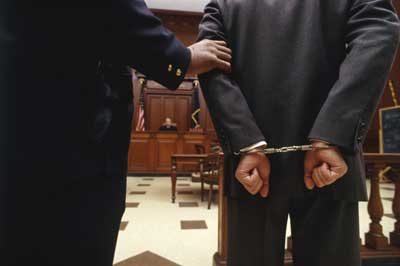Tesla is facing a class action lawsuit filed by a California-based Tesla owner for an alleged privacy breach. The lawsuit, filed in the U.S. District Court for the Northern District of California, accuses Tesla of violating customers’ privacy by allowing employees to access and share invasive videos and images recorded by customers’ car cameras between 2019 and 2022.
The lawsuit was filed by Henry Yeh, a San Francisco resident who owns a Tesla Model Y. Yeh alleges that Tesla employees accessed these videos and images for their “tasteless and tortious entertainment” and “the humiliation of those surreptitiously recorded.” Yeh’s attorney, Jack Fitzgerald, stated that Yeh was outraged at the idea that Tesla’s cameras could be used to violate his family’s privacy, which the California Constitution scrupulously protects. Fitzgerald also stated that Tesla needs to be held accountable for these invasions and for misrepresenting its lax privacy practices to him and other Tesla owners.
The lawsuit claims that Tesla’s conduct is “particularly egregious” and “highly offensive.” Yeh is filing the complaint against himself, similarly-situated class members, and the general public. The prospective class would include individuals who owned or leased a Tesla within the past four years. The lawsuit asks the court to “enjoin Tesla from engaging in its wrongful behavior, including violating the privacy of customers and others, and to recover actual and punitive damages.”
Reuters reported Thursday that groups of Tesla employees privately shared invasive videos and images recorded by customers’ car cameras between 2019 and 2022. The images reportedly included customers “doing laundry and intimate things” and their children. A former employee cited by Reuters claimed that such behavior was widespread and not limited to a few individuals.
Tesla has not yet responded to Reuters’ request for comment on the lawsuit. The lawsuit highlights the growing concerns around data privacy in the tech industry. With increasing amounts of data being collected and shared, companies must prioritize protecting the privacy of their customers. The lawsuit against Tesla shows that customers are increasingly aware of their privacy rights and are willing to take legal action to protect them.
The lawsuit also highlights the potential risks of having cameras installed in cars. While cameras can be helpful for safety and security purposes, they also raise privacy concerns. Customers may not be aware that their movements are being recorded, and if this data is not secured correctly, it can be accessed by unauthorized individuals.
The lawsuit’s outcome will likely significantly affect Tesla and the broader tech industry. If the court finds Tesla guilty of violating customer privacy, it could lead to a substantial settlement and changes in Tesla’s data collection and storage practices. It could also lead to greater scrutiny of other tech companies’ data privacy practices and increased pressure to strengthen data privacy laws.
In conclusion, the lawsuit against Tesla highlights the importance of data privacy and the risks associated with invasive data collection practices. Companies must prioritize protecting their customers’ privacy and be transparent about their data collection practices. The lawsuit’s outcome will be closely watched by consumers, regulators, and the tech industry.










































